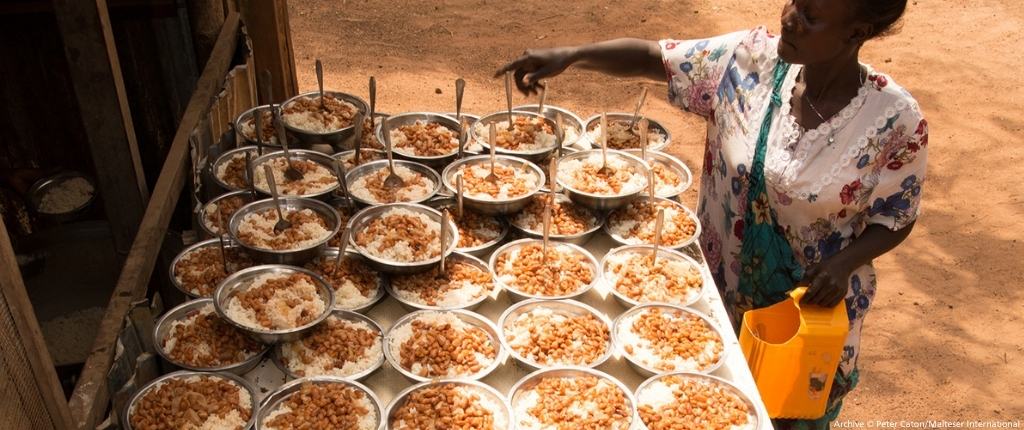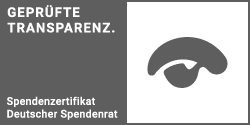
School meal program: enhancing nutrition and education
The education system in the Democratic Republic of the Congo faces significant challenges, with one of the most pressing issues being the low enrolment rate of pupils in schools. Despite efforts to improve access to education, a substantial portion of the population, particularly in rural areas, still lacks access to quality schooling. Factors such as poverty, inadequate infrastructure, and ongoing conflicts contribute to this problem. Additionally, gender disparities persist, with girls often having even lower enrolment rates compared to boys. Addressing these issues remains a critical priority for the country's education system to ensure a brighter future for its youth.
In 2023, we embarked on a mission to improve school attendance and improve the nutritional status of primary school children in the province of Ituri via a comprehensive school meals program. This includes not only the provision of school meals to a total of 8.000 primary school students, but also weekend rations for them and their pre-school siblings. Furthermore, we are actively involved in promoting sustainable food production through agricultural activities, fostering self-reliance within the communities we serve. Our efforts also encompass the production of corn-soy blend, an essential nutritional supplement, based on a local supply chain, thus contributing to the holistic development and well-being of the region's children and farmers. Through these initiatives, we remain dedicated to enhancing educational access and outcomes while combatting hunger and malnutrition.
Across the nation, only approximately 70% of children manage to complete primary school, a figure that plummets even further in the crisis-ridden provinces of Eastern DR Congo, such as Ituri. Girls’ rates of enrolment are even lower. Many children’s chances of individual development, as well as those of the society in general, are thus strongly impaired.
Several factors contribute to the enrolment gap. Economic hardships and the prevalence of child labor in the province force many families to prioritize immediate income generation over schooling. Additionally, deep-rooted cultural norms and traditional beliefs often prioritize boys' education over girls'. Other factors include insecurity due to armed conflict and the shortage of qualified staff at schools.
We strive to enhance primary school attendance and completion rates for a total of 8.000 pupils at 12 primary schools in Ituri province. Furthermore, we aim to improve the nutritional status of those pupils and their pre-school aged siblings. Focusing increasingly on local produce, we create supply chains that support the financial situation of farmers and strengthen the rural communities.
- Construction of school kitchens
- Local production and delivery of food for school meals
- Local production of Corn-Soy Blend (CSB) as take-home rations, using local products
- Nutritional education for pupils and their parents as well as teachers
- Construction and rehabilitation of water sources at schools
Country info
Capital: Kinshasa
Area: 2,345,410 km²
Population: ca. 102.3 million
Project data
Donors: DG INTPA, BMZ
Partners: Educational authorities and institutions, health facilities








